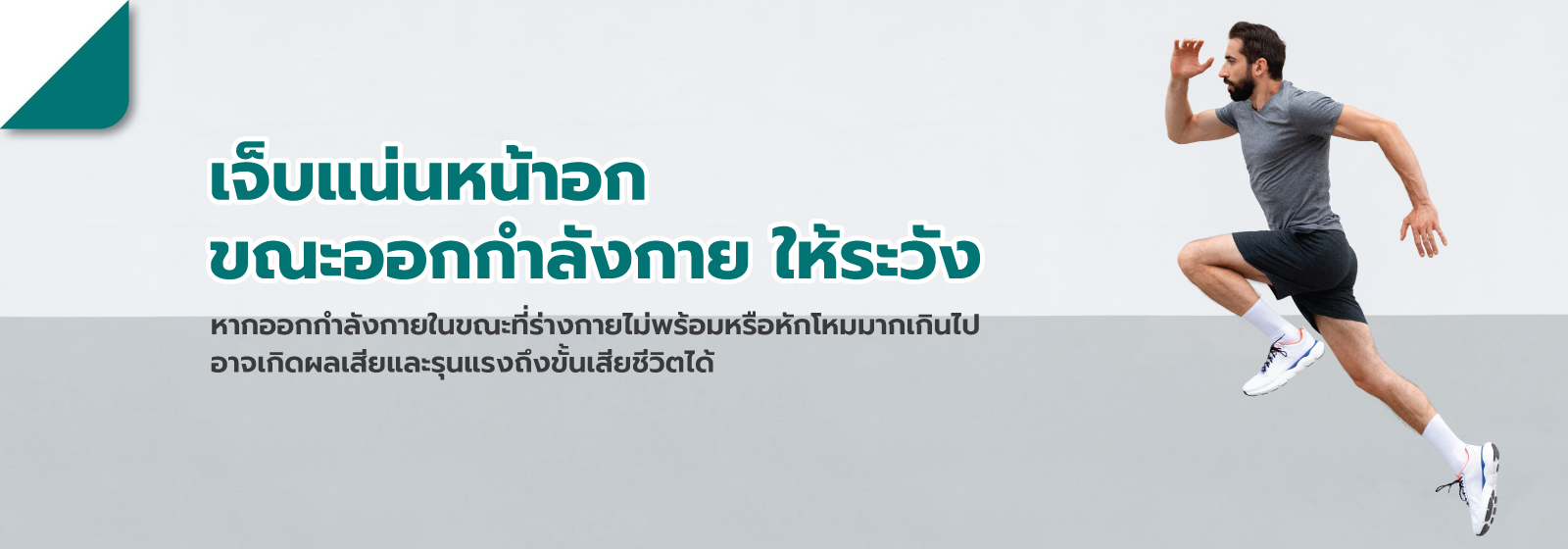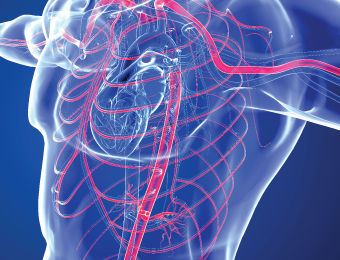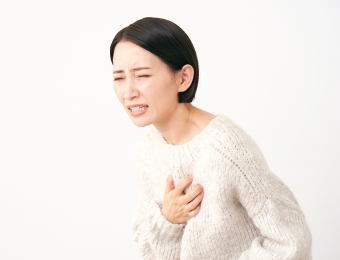
Experiencing chest tightness or discomfort during exercise requires caution
While maintaining health has become a popular trend among people of all ages, inappropriate or excessive physical activity can lead to serious consequences, even death. Athletes at the professional level have been reported to suffer from sudden cardiac arrest during competitions, as have regular exercisers.
Chest discomfort during exercise could be a sign of underlying heart issues. Symptoms such as chest tightness, shortness of breath, or unusual fatigue should not be ignored. It's crucial to stop immediately and rest in a shaded area if you experience any of these symptoms. If the condition worsens or becomes severe, seek assistance from someone nearby and promptly consult a healthcare professional for assessment. In some cases, diagnostic tests like a cardiac imaging or examination may be necessary to evaluate heart health during chest discomfort. Taking immediate action and seeking medical attention can help prevent severe consequences.
The causes of death during exercise due to heart disease can be divided into two groups:
-
Age younger than 35: This group often includes individuals with congenital heart disease who may not exhibit symptoms and are difficult to diagnose.
- Age older than 35: This group typically suffers from coronary artery disease, with or without prior symptoms. Despite being in good health and not at risk for heart disease, they may unknowingly have coronary artery disease. When engaging in strenuous exercise, they are at risk of arrhythmias and sudden cardiac arrest due to myocardial ischemia, leading to death.
The chest pain associated with myocardial ischemia occurs suddenly during exercise and is not related to physical activity. The pain may occur with movement or persist for 1-2 weeks before disappearing. It is often caused by improper movement, stress, or inflammation of the chest muscles due to stretching or straining. Typically, this type of chest pain is not dangerous, and medication can help alleviate it if it occurs frequently. However, if the pain is centralized in the chest and radiates to the jaw, left shoulder, left arm, or down to the fingers, it may be a sign of myocardial ischemia.
In such cases, prompt medical attention or emergency hospitalization is necessary to increase the chances of survival. Although exercise trends are popular and beneficial for physical health, excessive exercise can lead to adverse effects. It's advisable for individuals engaging in serious exercise to consult a cardiologist for tests such as Electrocardiogram (EKG), Exercise Stress Test (EST), or Echocardiogram to prevent the risk of sudden death during exercise.
25 Dec, 2023
 EN
EN
 TH
TH CN
CN





